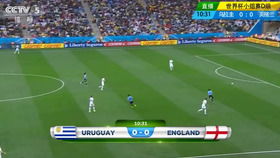The UEFA European Championship, commonly referred to as the Euro, is one of the most prestigious and eagerly anticipated football tournaments globally. Let's delve into the essence of this event, its history, significance, and its impact on European football.
The UEFA European Championship is a quadrennial international men's football competition organized by the Union of European Football Associations (UEFA). Established in 1960, it has evolved into one of the most celebrated events in the football calendar, second only to the FIFA World Cup.
The inaugural UEFA European Championship took place in 1960, with the Soviet Union emerging as the first champions. Initially, the tournament featured only four teams, but it has expanded significantly over the years. Notable expansions include:
The Euro follows a format similar to the FIFA World Cup, with qualifying rounds determining the teams that will participate in the final tournament. The format typically includes group stages followed by knockout rounds until the champion is crowned.
The number of participating teams has varied over the years, with the latest editions featuring 24 teams. These teams represent the diversity and excellence of European football, showcasing the continent's rich talent pool.
The UEFA European Championship holds immense significance for players, fans, and nations alike. Here are some key aspects of its impact:
Looking ahead, UEFA continues to innovate and evolve the European Championship to maintain its relevance and appeal. Here are some recommendations for its future:
In conclusion, the UEFA European Championship stands as a pinnacle of European football, blending sporting excellence with cultural significance. Its rich history, impact, and future prospects continue to captivate football enthusiasts worldwide, ensuring its enduring legacy for generations to come.

This HTML document offers a comprehensive overview of the UEFA European Championship, exploring its history, significance, and future prospects. It provides insights into the tournament's format, impact, and recommendations for its continued success.